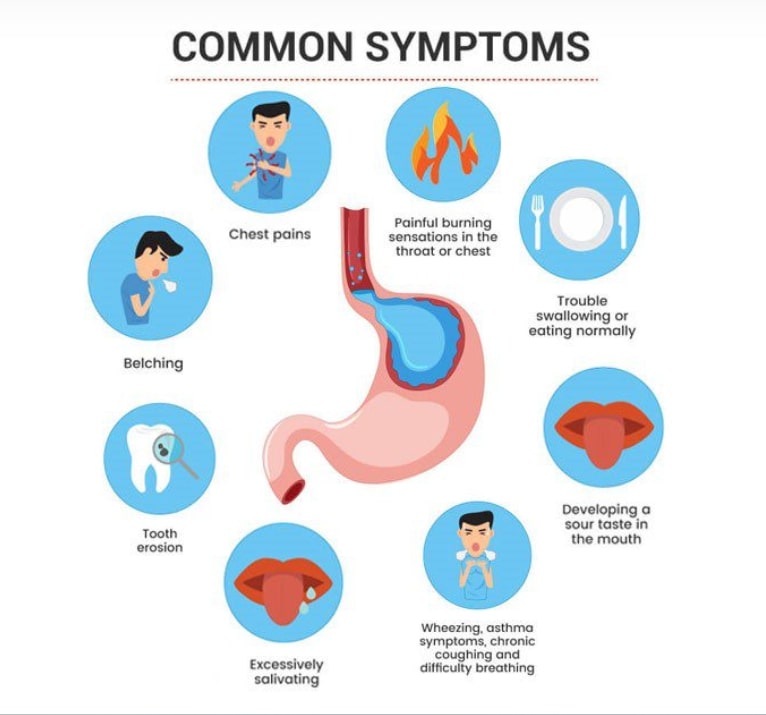- Free Delivery Over £50
- UK Registered Pharmacy
- Discreet Delivery
- Authentic & Safe Medication

Info: Before issuing a treatment, you’ll need to answer a short assessment. This will help us recommend the right treatment for you.
Acid Reflux medications

Omeprazole
From £1.99
Lansoprazole Capsules
From £2.99
Losec MUPS
From £23.99
Order Monday to Friday before 14:00pm to guarantee next day delivery
Lansoprazole Orodispersible
Losec Capsules
Lansoprazole Capsules
Losec MUPS
Hear from our customers...
Loading reviews...
Ordering is quick and easy!

Step 1:
Choose Your TreatmentOur medical team will then recommend a treatment and issue a free prescription.

Step 2:
Free Online ConsultationStart a free 2 minutes online consultation with simple questions about your health.

Step 3:
Express DeliveryYour treatment will be sent direct from our pharmacy in discreet packaging.

 Image is educatinal perpose only
Image is educatinal perpose only


